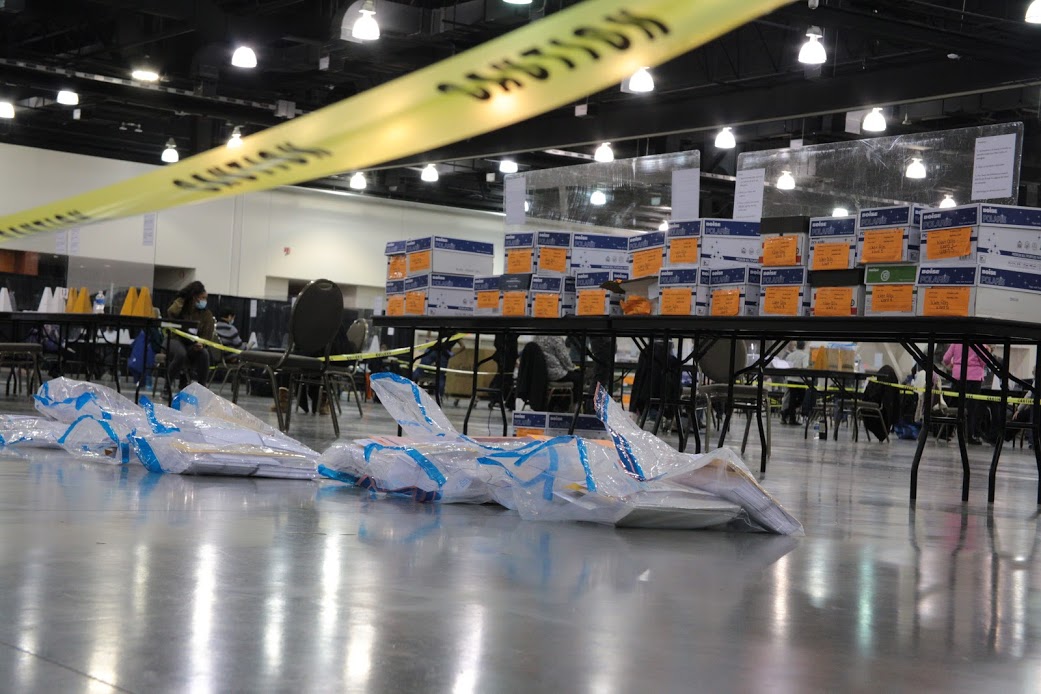Home » Battleground Wisconsin » BG WI Newsletter » Conservative attorney says efforts to decertify 2020 election serve ‘zero legal purpose’

Conservative Attorney James Bopp told an Assembly committee efforts to decertify the results of the last presidential election in Wisconsin serve "zero legal purpose." Bopp, who has represented former Supreme Court Justice Michael Gableman during his investigation into the last election, told an Assembly Elections and Campaigns public hearing yesterday the chance to decertify passed after Jan. 6 l...